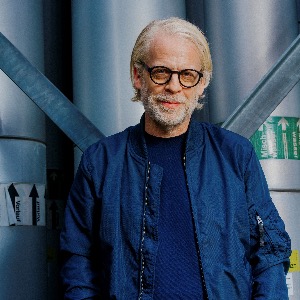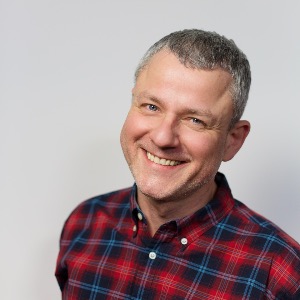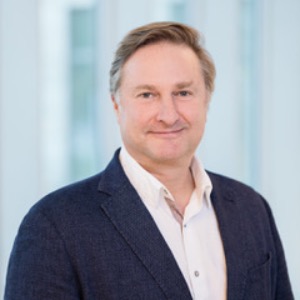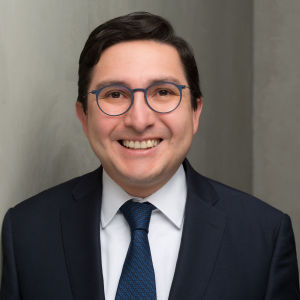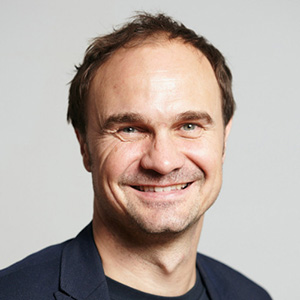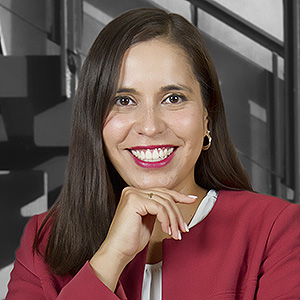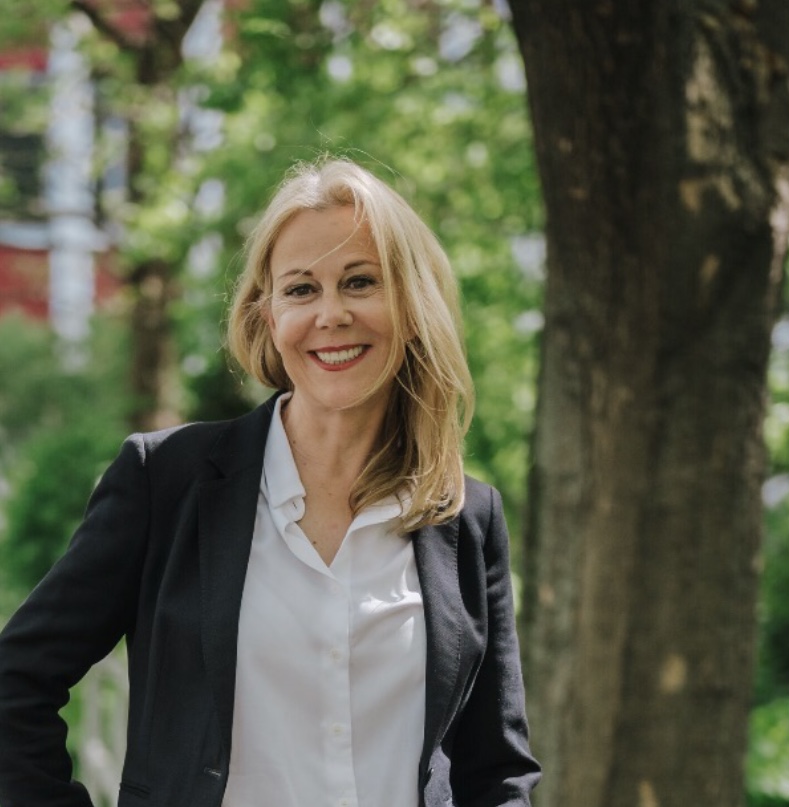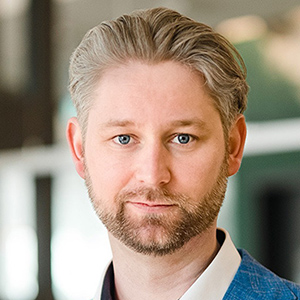
Sebastian Zutz is a Senior Consultant for energy and resource related issues and at Navos – Public Dialogue Consultants. He counts with working experience on communicating big scale energy or waste storage projects and has worked with different countries in Latin America mostly on policy and energy related contexts. You can follow him on LinkedIn.
Power, Resources, and Trust: Rethinking Europe’s Energy Security
With your experience in energy consulting, what do you see as the most pressing challenge for Europe’s energy security in the next decade: supply diversification, storage technologies, or managing climate-related risks?
It is a complex challenge that we face in Europe and Germany. First and foremost, it is necessary to clarify what exactly is meant by energy security. The production, transport, and storage of energy are not equally developed everywhere. Even here in Germany, there are significant differences between regions. In some parts of the country, a lot of energy is produced, but it is needed at the other end of it. So, how does energy get from point A to point B? Now imagine the differences across Europe. We need to rethink the energy system.
There is already some diversification. Southern countries primarily rely on solar power, France on nuclear energy, Poland on coal, and the Nordic countries on wind and hydropower. Germany relied on natural gas for years and will soon shift to LNG and some wind. Hydrogen is the next bis thing. The distribution of generated energy is the central problem. A base load must be generated to ensure there is always enough energy in the system. The source of this energy is initially irrelevant. The power grid system in Europe, and especially in Germany, is not designed to quickly absorb large amounts of electricity or transport it over long distances. In the worst case, this can lead to an overload and a blackout. The result of such an overload could be seen in Spain in April 2025.
Essential for a functioning power grid system are a high-performance network and storage capacities that can store energy during peak times or release energy when demand increases. There are many types of energy storage, but the most efficient way to store energy is to store electrical power in „batteries.“ This is why research into high-performance batteries is being conducted everywhere. New battery technology will mean a revolution for energy transmission and the way we move in the future. I therefore hope that the power grid system across Europe will be modernized, and large sums will be invested in battery research: only in this way can we counteract future deindustrialization in Europe.
You’ve worked extensively on issues like lithium, CO₂, and waste storage. From your perspective, what is the biggest overlooked challenge Europe faces in securing critical resources for its green transition, and how can partnerships with Latin America address this gap?
Waste can also be a resource. In public discourse, CO₂ and waste are not particularly popular topics. We are still light-years away from a true and efficient circular economy – despite all political declarations. This has nothing to do with a „green transition“ but should instead be viewed as a security policy aspect. Raw materials are finite, and not everything can be recycled.
New materials are constantly needed, as well as the know-how for extraction or more efficient processing. New technologies are emerging and require different raw materials than before. Latin America can play an important role here. Europe and Latin America are so similar in culture and education. Unfortunately, this fact often does not resonate in the minds of many decision-makers here in Germany. We are on the threshold of a new „world order,“ so it is not just about materials. The people (la gente) from the region are the most valuable resources of the future. We can only face new challenges together.
Having worked at the intersection of diplomacy and public communication, how can policymakers better explain complex energy and resource security issues to the public to build trust and resilience?
That’s a good question. The answer goes beyond the scope of this format. First and foremost, political decision-makers should understand the issues they have to decide on. Unfortunately, this is not always the case. If you can’t explain something in a few simple sentences, you haven’t understood it yet. Unfortunately, this often leads to mistrust among all stakeholders (the public, companies, institutions).
The second step should be transparency. When we talk about energy and resource security, we mean interventions in the environment and people’s living conditions (e.g., mining, oil production, power plants, or wind turbines).
Those who can explain the necessity of certain projects at an early stage are likely to meet with approval. Those who fail to do so will learn the hard way that communication on key energy security projects has changed fundamentally.

